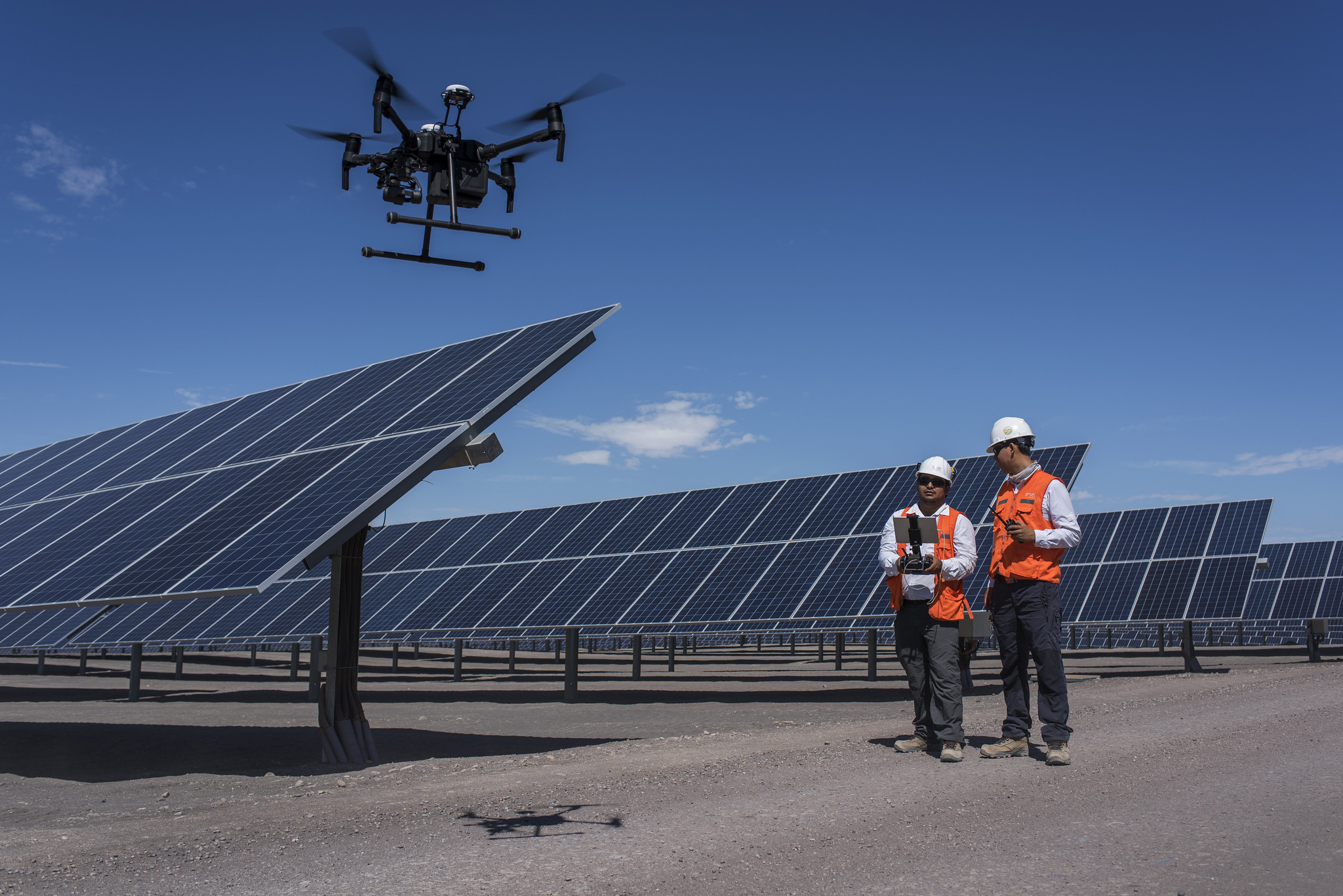Peru is Adapting its National Regulation to Climate Change

“The Climate Action Roundtable aims to activate and unite organizations and actors from the public and private sectors around climate action in our lives and environment.”
- Eduardo Eiger, Natura Peru CEO
An NDC Partnership member since 2017, Peru demonstrates strong leadership, the ability to work collaboratively with international partners, a bold commitment to participatory consultations in developing National Climate Change Law regulations, and a commitment to enhancing NDC implementation.
DEVELOPING REGULATIONS FOR ITS NATIONAL LAW ON CLIMATE CHANGE
In 2018, Peru’s Government received support from the German Government’s Ministry of the Environment, Nature Conservation and Nuclear Safety (through GIZ) to develop the National Law on Climate Change regulations. This process triggered the Prior Consultation mechanism with Indigenous Peoples, an intercultural dialogue also supported by the German Government (through GIZ). The Prior Consultation process generated inputs strengthening regulations and allowing for Indigenous Peoples’ voices to be heard in the climate change arena.
With support from the EU’s Euroclima+ program (through its implementing agency FIIAPP) and the IISD, a technical and legal analysis of inputs generated through Prior Consultation was conducted. This generated a recommendation to create an Indigenous Climate Platform. The Platform is a mechanism to engage Indigenous women and people with climate change authorities, allowing climate action proposal submissions based on traditional knowledge and practices.
Developing the law included elaborating technical wording based on inputs from a wide array of stakeholders, opening participatory discussion spaces to debate and offer suggestions to different regulation sections, conducting a country-wide virtual public consultation on the regulations’ content, and sectoral validation of the regulations and implications for existing regulatory and policy frameworks.
Establishing a national climate change law offers many advantages for implementing Peru’s NDC. In addition to guiding public policy to manage climate change action, the law provides the framework required to integrate mitigation and adaptation actions into national, regional, and local planning and budgetary processes. Importantly, the law also guarantees the effective participation of all Peruvians, including Indigenous People, in planning and implementing climate action—including the country’s NDC.
STRENGTHENING IMPLEMENTATION OF PERU´S NDC
Peru’s approach to enhancing ambition is to strengthen conditions allowing for effective NDC implementation. Peru’s Government submitted a proposal to the CAEP (see How the Partnership Works section) aligned with the country’s Integral Climate Change Management vision and its five areas of action: strengthening the institutional framework; multi-sectoral implementation; multi-level implementation; multi-stakeholder involvement; and NDC financing. These five action areas are organized into four strategic processes: strengthening the institutional framework; long-term planning to 2050; implementation and updating of NDCs; and carbon markets.
A key dimension CAEP supports is multi-level implementation, notably with work at the sub-regional level with WWF. In prioritized regions, WWF supports elaborating GHG inventories, conducting a vulnerability analysis of the fisheries sector, and developing regional work agendas to identify potential new mitigation and adaptation measures and/or expand their territorial scope in the revised NDC. These efforts are being enhanced by ICLEI and GGGI through the delivery of capacity development to local authorities to prepare regional GHG inventories and develop GHG inventory guidelines.
Sectoral work is also a core line of action. South-South-North, through its local partner Libélula, supports strengthening sectoral NDC implementation roadmaps. Alongside this work, GGGI is developing baselines for priority sectors and providing key information for the 2050 low emissions strategy.
Peru is also working with partners to strengthen climate finance. Avina is looking into a mechanism to report and monitor international climate finance, while UNCDF supports the design of a guarantee fund for investment in climate change related action.
Finally, awareness and dissemination efforts are also being furthered. WWF supported the “Nono the carbon footprint bear” campaign, encouraging the private sector to adopt a carbon footprint tool to track and improve emissions over time.
Through this support, by the end of 2020 Peru is expected to present its reviewed NDC, including greater ambition, more measures with a territorial approach, measures derived from private and public partnerships, and incorporations from Indigenous Peoples’ perspective.
Peru has been developing the NDC SP project, part of UNDP’s NDC Support Programme since the beginning of 2020, to accelerate NDC implementation by generating capacities for updating, financing, implementing, and monitoring the NDC.
In this regard, the project seeks to support Ministry of Environment (MINAM) and competent authorities (sectoral and sub-national) capacity development for NDC implementation, monitoring, and updating. Mainly, this is specified in updating the NDC document to the UNFCCC; consolidating the Peru Carbon Footprint tool which seeks to align the private sector in compliance with the NDC; launching the national registry of mitigation measures to allow monitoring of the NDC and regulated carbon market to avoid double counting; and supporting sectoral and sub-national roadmaps for NDC implementation.
Finally, the project also supports a complementary way—the development of a climate financing strategy in coordination with the Ministry of Economy and Finance and aligned with the national plan for productivity and competitiveness. This includes designing the strategy and identifying a possible portfolio of projects to pilot it.
In this way, this project constitutes a main column to achieve the Ministry of the Environment General Directorate of Climate Change’s objectives related to NDC implementation.
Members supporting Peru: Fundación Avina; EU; FIIAP; GGGI; Germany (through GIZ); ICLEI; IISD; Libélula; South-South-North; UNCDF; UNDP; the World Bank; and WWF.
This is a PiA 2020 story: Browse the multimedia version or PDF version.
